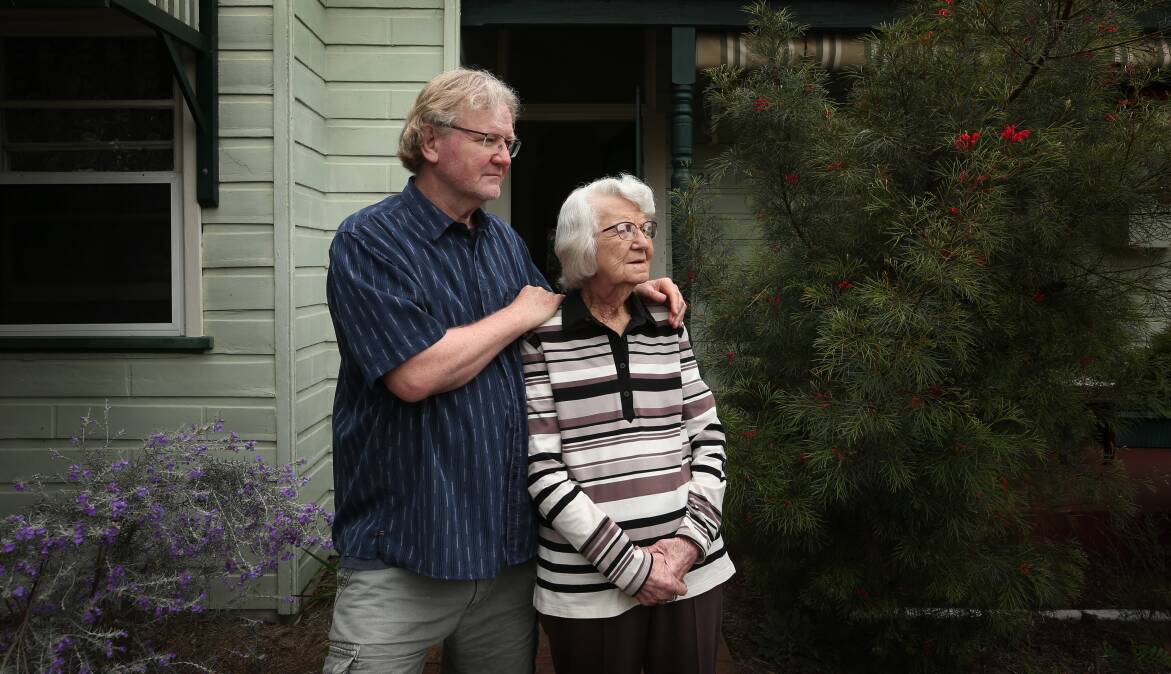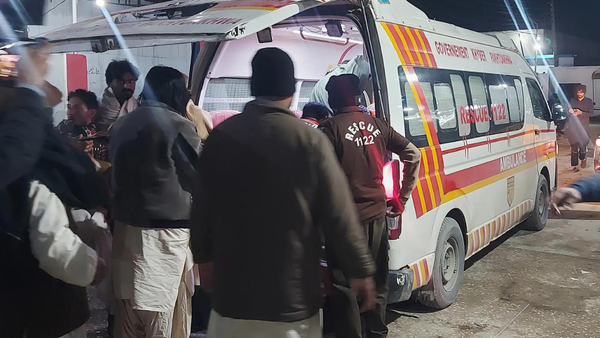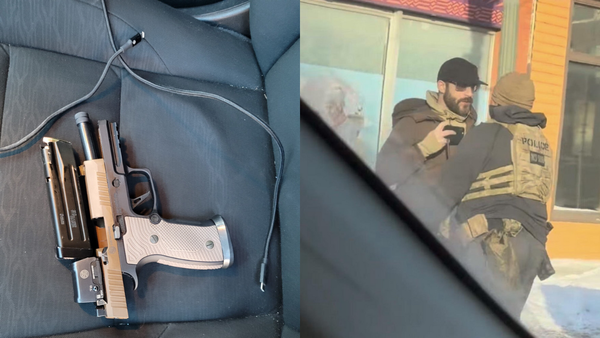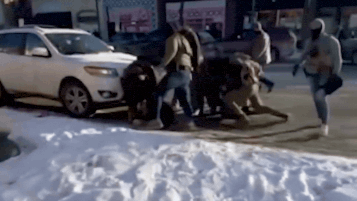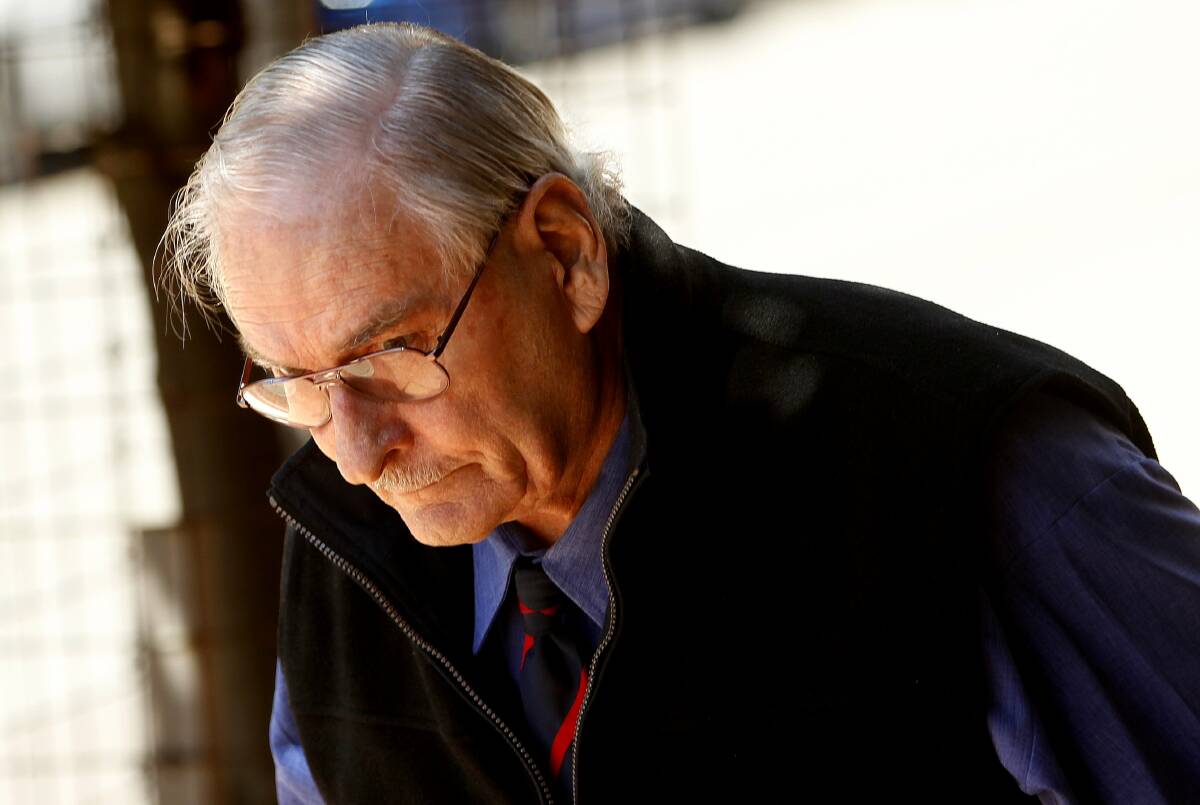
TEN years after the start of the royal commission into child sexual abuse, victims and their families say churches and religious orders are using "unethical" legal tactics to avoid litigation against some of the most notorious paedophiles in the state.
Hunter-based survivors and abuse lawyers across the country are eagerly awaiting the outcome of an appeal against a judgement in which the church was deemed unable to fairly defend itself in a case involving a deceased priest.
The precedent is being used to put a stop to any matters in which the offender had died, including matters involving well-known child abuser Francis Cable, aka Brother Romuald Cable, who taught at Marist Brothers schools in Hamilton and Maitland.
Cable's death, aged 90, behind bars in September last year is the basis for a Marist Brothers' request for a permanent stay in the matter of Mark Peters.
Mr Peters (a pseudonym) has filed a civil claim against the Marist Brothers claiming they failed to stop Cable abusing him, despite knowing of other complaints about Cable's crimes.
RELATED
- Brother Romuald's abuse was brutal, cruel and violent
- Church needs process to support survivors after paedophile clergy deaths
- Francis William Cable, also known as Brother Romuald, dies in custody
- Marist Brothers apology over Brother Romuald's abuse labelled a 'disgrace'
Cable was serving a 16-year jail sentence for sexually abusing more than 25 children, many of them from the Hunter, with further charges pending at the time of his death.
The Marist Brothers have argued that without his evidence, a case involving allegations that the church concealed his crimes cannot be properly dealt with.
Critics, including Newcastle-based lawyers, victims and victims' families, say they are disgusted with the approach saying it is just another way for the church to try to "shirk their responsibilities".
Geoffrey Nash, whose younger brother Andrew took his own life nearly 50 years ago at the age of 13, said the "perpetrators are dead" defence was a disgrace.
"They are using every legal loophole, every legal angle they can come up with to diminish what they have done, and to weasel out of their responsibilities," Mr Nash told the Newcastle Herald. And while some die-hard Catholics have chosen to believe that it's up to the lawyers and out of the Marist Brothers' hands, that was delusional. The Marist Brothers and the Roman Catholic Church has made an active choice to go down this path, Mr Nash said.
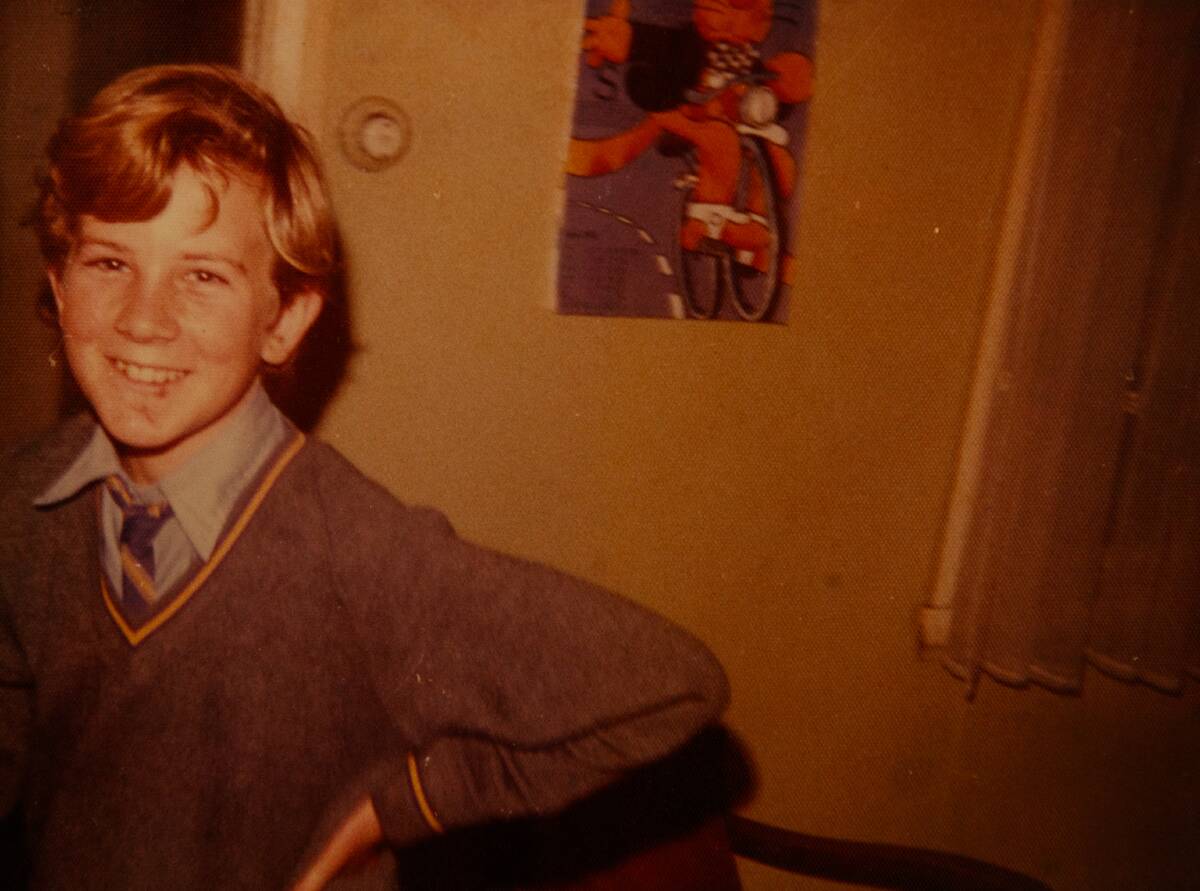
"The lawyers act on the instructions they are given." It seemed as though some institutions were "doing the right thing" while the commission was watching, but had since slipped back into their old ways of fighting every step of the way, Mr Nash said.
"You cannot overestimate the degree of carnage that the Roman Catholic Church has caused in the Diocese of Newcastle. It's an absolutely massive crime wave, a tsunami, that went on for decades."
The death of Andrew Nash, and his family's experience with the Catholic Church and the Marist Brothers, was explored during the Royal Commission into Institutional Responses to Child Sexual Abuse, which held the first of 57 public hearings on April 3, 2013.
The evidence included the fact that just hours after Andrew's death, Cable came to the family home, a visit which Mr Nash, the eldest of five siblings, remembers very clearly.
Cable had been Andrew's class teacher. He was accompanied by two other Marist brothers, Christopher Wade, Andrew's school principal, and Joe O'Brien, his rugby coach.
Cable asked if Andrew had left a note. He also asked if Andrew had said anything before he went into his room.
"The circumstances give rise to an inference that Cable asked whether Andrew left a note because Cable was concerned that Andrew's suicide might lead to suggestions that he was sexually abused coming to light," the commission concludes in its report on Case Study 43, the response of Catholic Church authorities to allegations of child sexual abuse in the Maitland-Newcastle region.
FROM THE ARCHIVE:
-
Shine the Light: Child Sexual Abuse in the Hunter
-
Royal Commission into Institutional Responses to Child Sexual Abuse
In his statement of claim Mr Peters says by that time, Cable had committed scores of child sex offences against school students, starting no later than 1960, and that an investigation carried out by Brother Kevin in 1967 uncovered that fact, but no written records of allegations or admissions of sexual abuse were kept before 1983.
The Marist Brothers failed to depose Cable of holy orders at that time, failed to contact police, failed to supervise Cable, and continued to give him access to young boys knowing he was a compulsive paedophile, the claim says.
In their defence filed in court, the Marist Brothers say they did not receive complaints about Cable until after 1971, and they do not admit that he had committed "scores" of child sex offences.
They argue the allegations require them to "know what a third person did, and their motivations and intentions" despite a public apology about Cable's abuse of children after his death last year.
"We openly acknowledge the abuse perpetrated by this man on children and the terrible consequences of those crimes on the innocent," they said in a statement in September.
"To those who suffered as a result of his criminal actions, the Marist Brothers offer our unreserved apology and express our profound sorrow that such events ever occurred. We will continue to work to support and provide assistance to those who have experienced abuse in our facilities."
The legal approach being used by the Marist Brothers was just another example of the church failing to do what it promised the royal commission - to do the right thing and look after victims, Mr Nash said.
"Some of these people struggle to stay alive," he said. "If they (the church and church leaders) are going to pretend that they're real, they should treat their victims in accordance with the teachings of the church."
The case involving Cable was particularly galling because the Marist Brothers had never been able to get anything out of him, so it was a lost cause from the start, Mr Nash said. "He hasn't opened his mouth once since the day he was arrested. He's never cooperated with anyone.
"He is the guy that is responsible for Andrew's death. He's the main one. He was asked about Andrew's death and he just refused to say a word. He never testified in court.
"So the idea that they're now saying that they cannot have a court case because Brother Romuald isn't there to defend himself is just disgusting".
In a statement, the Marist Brothers denied that they were strategically seeking permanent stays. Each case was reviewed "cautiously, and on its merits". The order was "guided by legal precedents and considerations as to how a litigated claim might be determined by the Courts".
"As with any other claim involving any sort of allegation ... where the individual is not able to respond to the specific allegations ... and a fair trial will not be possible due to the absence of the accused's response, a court may permanently stay that matter."
"We acknowledge there is a moral complexity in historical abuse matters, particularly when there are two streams of compensation running concurrently - being litigation and the National Redress Scheme."
When asked how the Marist Brothers reconcile their legal approach to survivors with the notions of remorse, accountability, and responsibility, they said they "affirm" the remorse and accountability acknowledged during the Royal Commission. Compensation was a separate matter.
"The compensation which it pays to survivors is guided by the specific facts of each survivor's matter and how compensation will be determined by the Courts or the National Redress Scheme," the statement said.
Newcastle-based solicitor Jodie Scanlon, a senior partner at Kelso Lawyers, said these cases, like any other, should be allowed to proceed on their merits.
"Given the time and money that was spent on the royal commission and then the legislative reforms that came with it, this is adding insult to injury for so many survivors," Ms Scanlon said. "It's just really unethical and amoral in circumstances where they have acknowledged so many claims and there are no question marks around the credibility of the plaintiff."
There were many matters involving victims of child sexual abuse from the Hunter Region which had not yet been litigated in which the same legal precedent was being used to put victims off, she said.
"We are receiving correspondence and responses on a regular basis saying particular matters will be stayed, and (the church) is refusing to respond any further, pointing to the national redress scheme, or they are making heavily reduced offers," Ms Scanlon said.
It would also become relevant, if not overturned, in any other matters if more people come forward, as is anticipated.
It is clear that what the church is doing "wasn't right", says 97-year-old Audrey Nash, Andrew's mother.
"It's absolutely disgraceful," Mrs Nash said. "They're still getting away with it, this is the problem."
Seven years ago the head of the Marist Brothers in Australia, Brother Peter Carroll, apologised to Mrs Nash over Andrew's death, but that apology now felt empty, she said.
"I'm just very disgusted with the whole thing. They couldn't defend themselves when they were here, it was very obvious what they had done. I'm only glad to have lived as long as I have ... that we got as many into jail that we did around here."
